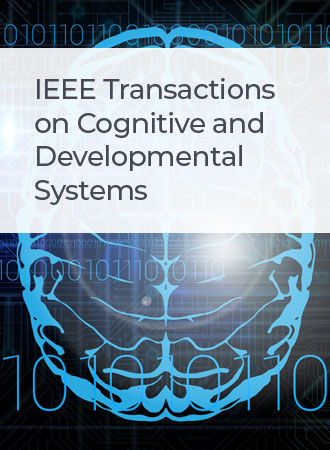Adaptive Environment Generation for Continual Learning: Integrating Constraint Logic Programming With Deep Reinforcement Learning
IF 4.9
3区 计算机科学
Q1 COMPUTER SCIENCE, ARTIFICIAL INTELLIGENCE
IEEE Transactions on Cognitive and Developmental Systems
Pub Date : 2024-10-28
DOI:10.1109/TCDS.2024.3485482
引用次数: 0
Abstract
In this article, we introduce a novel framework that combines constraint logic programming (CLP) with deep reinforcement learning (DRL) to create adaptive environments for continual learning. We focus on two challenging domains: Sudoku puzzles and scheduling problems, where environment complexity evolves based on the agent's performance. By integrating CLP, we dynamically adjust problem difficulty in response to the agent's learning trajectory, ensuring a progressively challenging environment that fosters enhanced problem-solving skills. Empirical results across 500 000 episodes show substantial improvements in solve rates, increasing from 6% to 86% for sudoku puzzles and 7% to 79% for scheduling problems, alongside significant reductions in the average steps required to solve each problem. The proposed adaptive environment generation demonstrates the potential of CLP in advancing RL agents’ continual learning capabilities by dynamically regulating complexity, thus improving their adaptability and learning efficiency. This framework contributes to the broader fields of reinforcement learning and procedural content generation by introducing an innovative approach to continual adaptation in complex environments.持续学习的自适应环境生成:约束逻辑规划与深度强化学习的集成
在本文中,我们介绍了一种新的框架,该框架将约束逻辑规划(CLP)与深度强化学习(DRL)相结合,为持续学习创建自适应环境。我们专注于两个具有挑战性的领域:数独谜题和调度问题,其中环境复杂性根据智能体的性能而演变。通过集成CLP,我们根据智能体的学习轨迹动态调整问题难度,确保一个逐步具有挑战性的环境,培养增强的解决问题的能力。50万集的实证结果显示,解题率有了很大的提高,数独题的解题率从6%提高到86%,调度问题的解题率从7%提高到79%,同时解决每个问题所需的平均步骤也显著减少。所提出的自适应环境生成证明了CLP通过动态调节复杂性来提高RL智能体持续学习能力的潜力,从而提高了它们的适应性和学习效率。该框架通过引入在复杂环境中持续适应的创新方法,为强化学习和程序内容生成的更广泛领域做出了贡献。
本文章由计算机程序翻译,如有差异,请以英文原文为准。
求助全文
约1分钟内获得全文
求助全文
来源期刊

IEEE Transactions on Cognitive and Developmental Systems
Computer Science-Software
CiteScore
7.20
自引率
10.00%
发文量
170
期刊介绍:
The IEEE Transactions on Cognitive and Developmental Systems (TCDS) focuses on advances in the study of development and cognition in natural (humans, animals) and artificial (robots, agents) systems. It welcomes contributions from multiple related disciplines including cognitive systems, cognitive robotics, developmental and epigenetic robotics, autonomous and evolutionary robotics, social structures, multi-agent and artificial life systems, computational neuroscience, and developmental psychology. Articles on theoretical, computational, application-oriented, and experimental studies as well as reviews in these areas are considered.
 求助内容:
求助内容: 应助结果提醒方式:
应助结果提醒方式:


